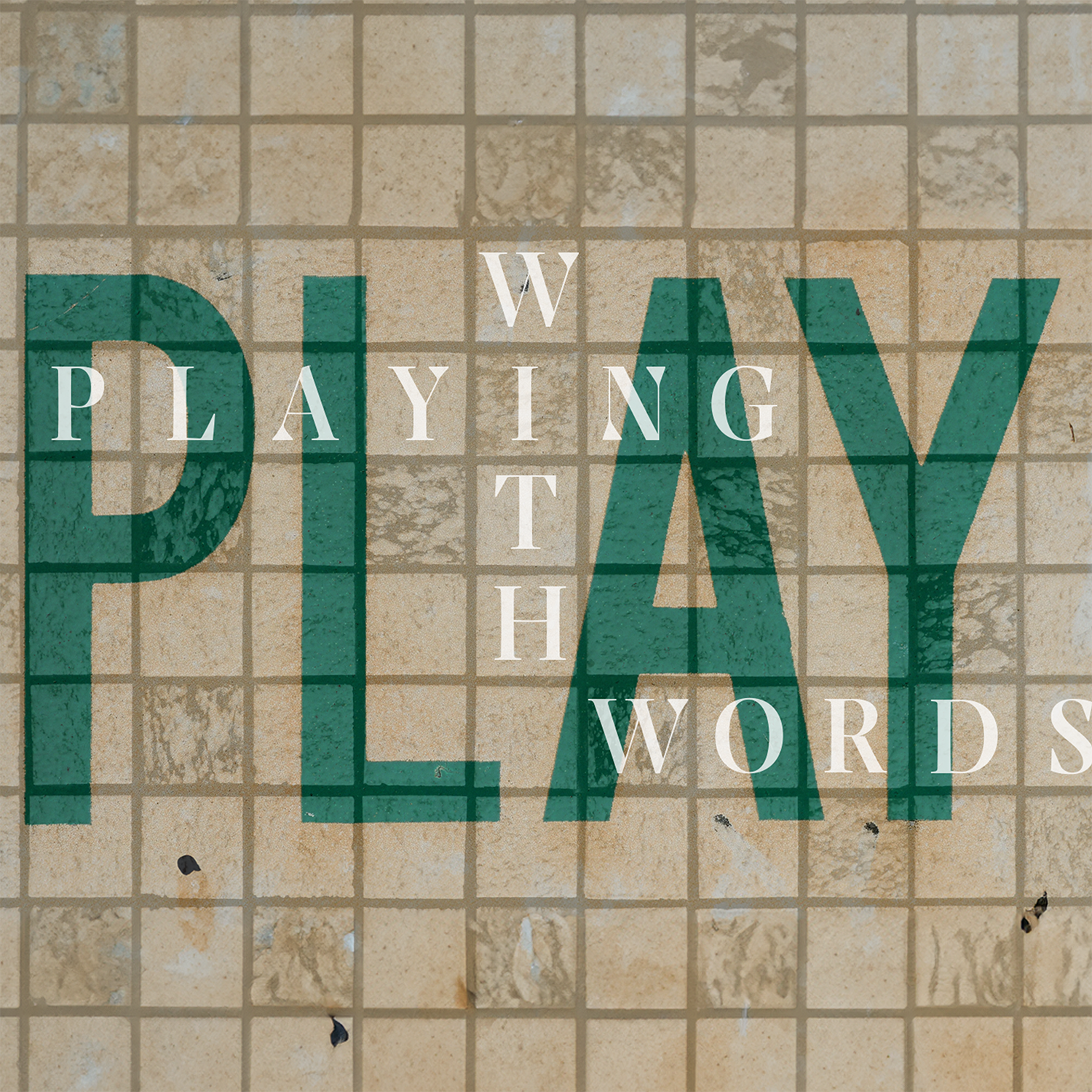
Deep Dive
Why are puzzles suddenly everywhere, and what role did the pandemic play in this trend?
The pandemic contributed to a resurgence in puzzles, similar to how the Great Depression popularized jigsaw puzzles. Puzzles provide a sense of control and order in chaotic times, offering a dopamine rush and a feeling of accomplishment.
How do puzzles contribute to democracy and civic-mindedness?
Puzzles foster a puzzle mindset, encouraging curiosity and problem-solving. This mindset can be applied to political discussions, turning them into cooperative adventures rather than confrontations. Puzzles help people understand different perspectives and seek productive solutions.
What is the psychological impact of solving puzzles on the brain?
Solving puzzles releases dopamine, making them addictive and rewarding. This can help with cognitive stimulation and provide a sense of accomplishment, which is particularly beneficial in stressful times.
What are British cryptic puzzles, and why are they considered challenging?
British cryptic puzzles are known for their tricky wordplay and require solving clues from a completely new angle. They often involve rearranging letters or using hidden meanings, making them more complex and challenging than traditional crosswords.
How did Anna Sheckman's involvement in crossword puzzles coincide with her recovery from anorexia?
Anna Sheckman started writing crossword puzzles as a form of convalescence and a way to test her intelligence. Her puzzles evolved as she recovered, and she began to see them as a means of personal expression and connection with the world.
What efforts are being made to make crossword puzzles more inclusive and diverse?
Constructors like Anna Sheckman are pushing for more socially and linguistically inclusive puzzles by introducing words and phrases from various subcultures. They are also advocating for more diverse representation among puzzle creators and editors to ensure a broader range of perspectives.
Why is the crossword puzzle considered a historical document, and what role did it play during World War I and II?
Crossword puzzles reflect the cultural and historical context of their time. During World War I, they became a popular pastime, and during World War II, they often included references to the war, reflecting the shared experiences and concerns of the era.
What challenges do women face in the crossword puzzle industry, and what changes are being advocated for?
Women in the crossword puzzle industry often feel tokenized and underrepresented. Advocates are pushing for more women and people of color to be included in editorial roles and for constructors to have more control over their puzzles, ensuring that diverse perspectives are represented.
- Introduction of ear-bus puzzles, an audio version of rebuses.
- A.J. Jacobs' expertise in puzzles and his new podcast.
- The playful interaction between the host and A.J. while playing the game.
Shownotes Transcript
Sometime in the last couple of years, America’s collective morning routine shifted. We used to start the day with coffee. Now it’s coffee and Wordle. Or Spelling Bee. Or both, plus the crossword. We’re living in a golden age of word games – which is fun, and one way to get just a tiny bit of relief when the world feels out of control.
Original Air Date: November 09, 2024
**Interviews In This Hour: **Getting into the puzzle mindset) — Welcome to my crossworld)
**Guests: **A. J. Jacobs), Anna Schectman)
Never want to miss an episode? Subscribe to the podcast.)*Want to hear more from us, including extended interviews and favorites from the archive? *Subscribe to our newsletter.)